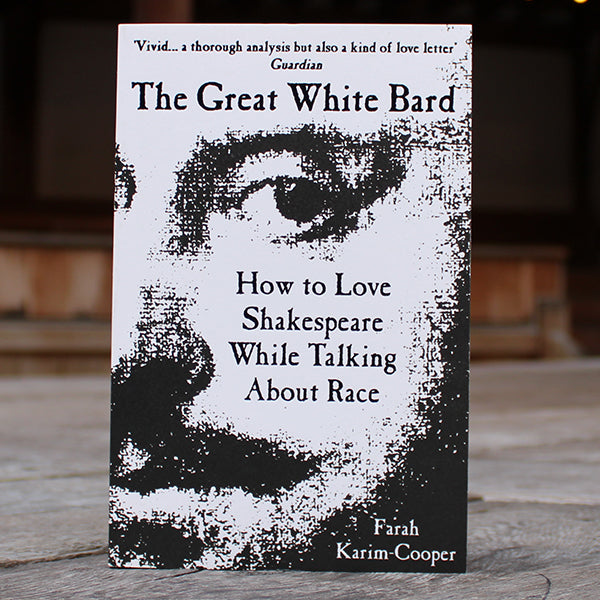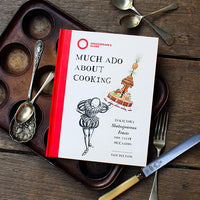
This is a thoughtful and thorough exploration of how race appears and is made in Shakespeare’s works. With absolute love for Shakespeare, Karim-Cooper focuses on what his writing says, how he says it, what it might mean, and how with better understanding we can continue to adore and enjoy his plays now and in the future.
This book feels urgent, necessary and very timely – bravely facing Shakespeare’s cannon and asking how race is made, fixed and potentially subverted in his works. With historical detail and expertise, Karim-Cooper picks apart myths of race, blackness and whiteness in Shakespeare’s London and Europe, contextualising the cultural backdrop of Elizabethan England as well as including prescient cultural references to recent global events.
With chapters on several notable works that feature characters of colour, including Othello, Antony and Cleopatra and Titus Andronicus, this is a great book for students of Shakespeare wanting to understand how to approach race in his texts, as well as a fascinating read for anyone interested in history, Shakespeare and Western culture.
As well as being an academically rigorous piece of work, this book also has the sensitivity to explain and discuss how it feels to encounter Shakespeare’s canon as a person of colour, and how people can feel put off by his language, metaphors and imagery. This feels incredibly important in a world where we all study Shakespeare at school, and I would recommend this book to any teachers of Shakespeare to help navigate and discuss some of those parts of his work that are problematic.
I came away from this book with a greater sense of the semantic weight of words and how embedded meanings and values around blackness and whiteness are in Western culture, which I hope I will take forward into my own life and work. As well as being thought provoking, I found The Great White Bard very readable and thoroughly enjoyable. There are some beautifully evocative passages imagining what it would have been like being in Shakespeare’s Globe and watching his plays for the first time, as well as a wry sense of humour lifting what could be a dry topic to be relatable and accessible.
Do not fear – Shakespeare is not at all destroyed or vilified in this book – rather he emerges as a brilliant writer of beautiful poetic text, of his time as all creatives are and perhaps, on occasion, playing with his audiences’ expectations, creating some characters and plays where black and white shifts, and instability peeks through. Steering away from dichotomies or unfounded judgement, The Great White Bard navigates a path of brave exploration, with absolute passion for Shakespeare’s writing that shines through every page.
Reviewed by Catherine (Trusts and Foundation Manager)
Shop The Great White Bard: How to Love Shakespeare While Talking About Race













































